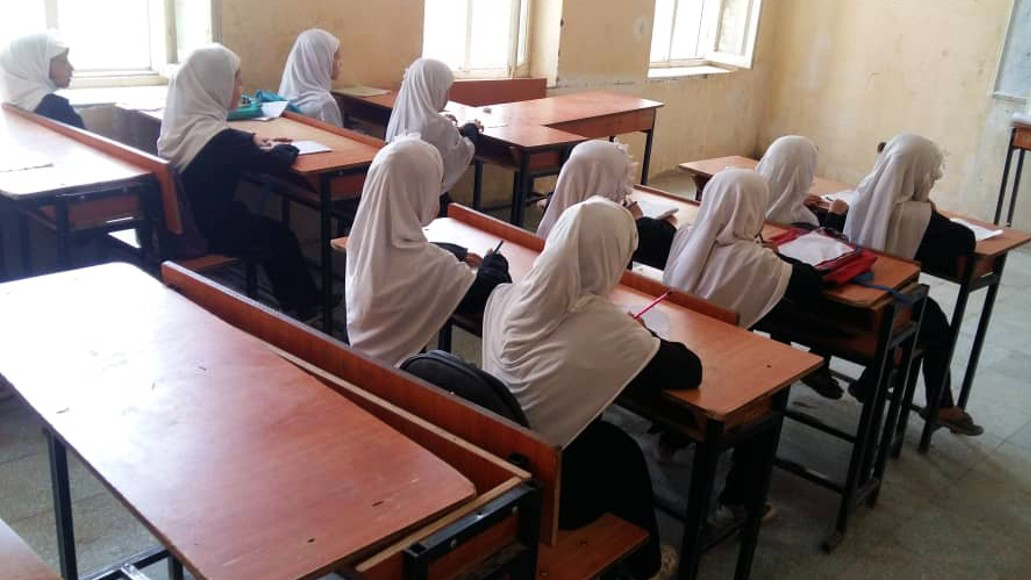The United Nations Children’s Fund (UNICEF) reported no clear indication of when secondary school education for girls in Afghanistan will resume.
The organization emphasized in a report that the ban on secondary education remains in effect, and there is no timeframe for reopening girls’ schools.
The organization said it continues advocating for the reopening of secondary schools and monitors the situation through its staff, technical extenders, and partners.
Despite these challenges, in November, UNICEF said, it supported 685,974 children (60% girls) in 32 provinces, providing access to education through 21,355 community-based education classes.
“During the reporting month, 168 community-based education classes were registered into our information management system. Additionally, 40,000 public school students, including 28% girls in Kandahar and Hilmand Provinces, received teaching and learning materials. UNICEF also facilitated capacity building for 28 female teachers through a teacher training program in one province,” UNICEF stated.
Female students expressed distress over school closures, citing psychological pressure.
Tuba Ataee, a student, stressed the importance of education and work for women in societal progress.
“Women make up half of society… If the Taliban wants Afghanistan not to fall behind the convoy of progress, they should allow women and girls to get an education and work,” she added.
Another student, Sadaf, echoed these concerns, emphasizing the mental and physical strain caused by the ongoing school shutdown.
“I am a student. I am worried about my future because schools are closed. And it continues to put mental and physical pressure on our classmates and other girls,” Sadaf added.
UNESCO data indicates that since the Taliban’s return to power in August 2021, approximately 1.1 million girls over the age of 12 have been denied education. Around 80% of young girls, totaling 2.5 million, have ceased attending school.
Mehria, another student, highlighted education as a fundamental right for girls and urged the Taliban to reopen schools.
“Education is the fundamental right of girls,” she said. “I believe that education should be provided for girls at all levels.”
Recent attempts to replace schools with mosques as alternative educational sites have drawn criticism. Human rights organizations, including the World Human Rights Watch, and women’s rights activists argue that mosques cannot substitute formal schooling for girls above the sixth grade, emphasizing the need for reopening schools.





